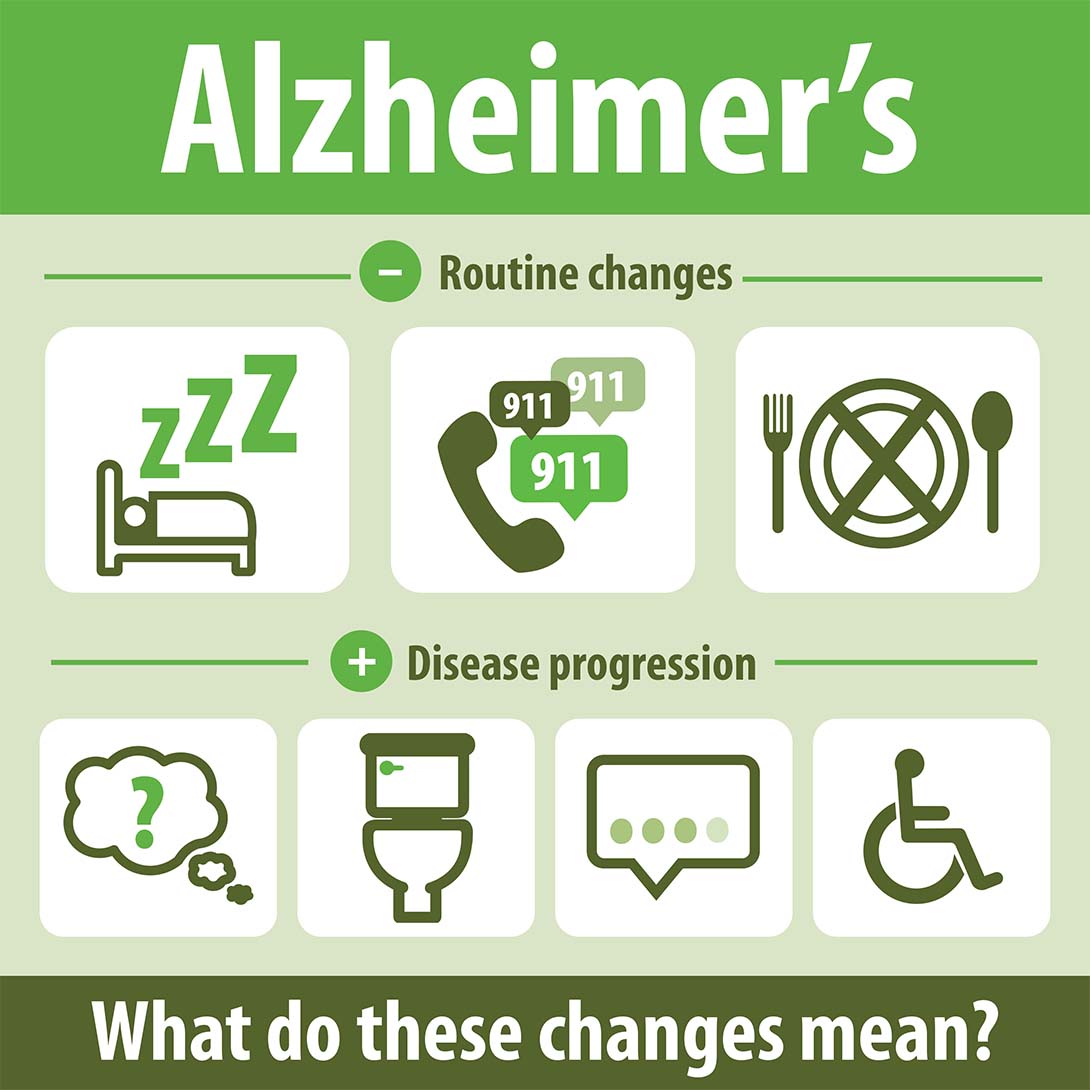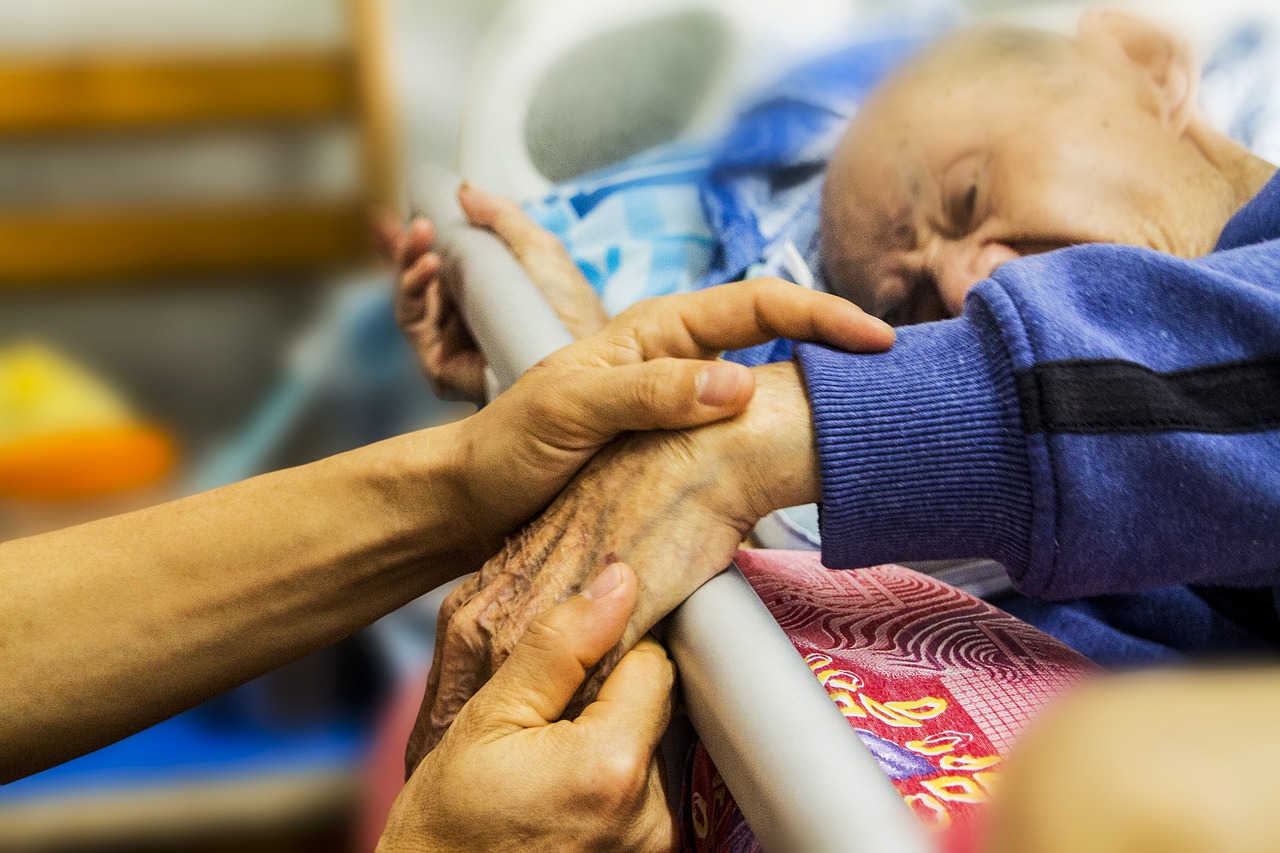Hospice Care for Alzheimer’s or Dementia Patients: When to Consider a Different Type of Care

Caring for someone with Alzheimer’s or related dementia diseases can be life-changing and all encompassing. But knowing the signs of late-stage Alzheimer’s is critical in obtaining the resources available to improve the lives of the patient and family. One valuable option during this stage for Alzheimer’s or dementia patients is hospice care, which focuses on comfort, dignity, and compassionate support.
When is an Alzheimer’s or dementia patient ready for hospice?
Common signs of late-stage Alzheimer’s can vary from person to person, but typically you will see signs like this:
- Speech. Your loved one may repeat the same phrase(s) over and over or they may have lost the ability to speak entirely.
- Short-term memory. Your loved one may forget basic words they have always used or have lost their short-term memory altogether. They may no longer recognize you or other family members.
- Mobility. Some lose the ability to walk without assistance or sit up without leaning over or require assistance with basic daily life activities.
- Appetite. Many Alzheimer’s patients exhibit a change in appetite or develop difficulty swallowing.
- Hygiene. Many lose the ability to toilet or bathe themselves. In fact, some become fearful of taking showers or baths.
- Infections such as pneumonia can occur.
- Skin breakdowns despite the attempt to keep them clean and dry.
- Frequent ER visits
When to call hospice for Alzheimer’s or Dementia patients.
It’s time to consider calling hospice when an Alzheimer’s or Dementia patient is experiencing 3 or more of the above signs. Hospice offers expert support tailored to end-of-life care needs, including pain relief, emotional support, and family counseling.
Choosing hospice is not about “giving up.” Hospice is hope and compassion. It provides support and guidance to everyone involved.
Benefits of hospice care for Alzheimer’s patients.
There are so many benefits to hospice care. Highly trained physicians and nurses provide pain and symptom control and education on what to expect. Social workers are knowledgeable in finding much-needed resources and can provide emotional support. Non-denominational chaplains offer non-judgmental spiritual support. Bereavement specialists have the ability to listen empathetically and connect you with available resources.
Compassionate hospice aides can change bed linens and provide patients with a warm, thorough bath, relaxing shampoo, fingernail care or even provide a back rub or hold a hand.
Another benefit of hospice is respite care. “Caregiving batteries” can run down very quickly when caring for someone with Alzheimer’s disease or related dementias. Respite care is designed to allow the caregiver to recharge their batteries by arranging for the patient to stay in a nursing facility for up to five consecutive days. This reprieve enables the caregiver to rest, attend a wedding or even take a road trip.
An evaluation is the first step in obtaining the information needed to decide what’s best. If you are considering hospice care for a Alzheimer’s patient, we can make a difference and we perform assessments 24 hours a day, 7 days a week, 365 days a year. Please call us at 855-327-4677 .




